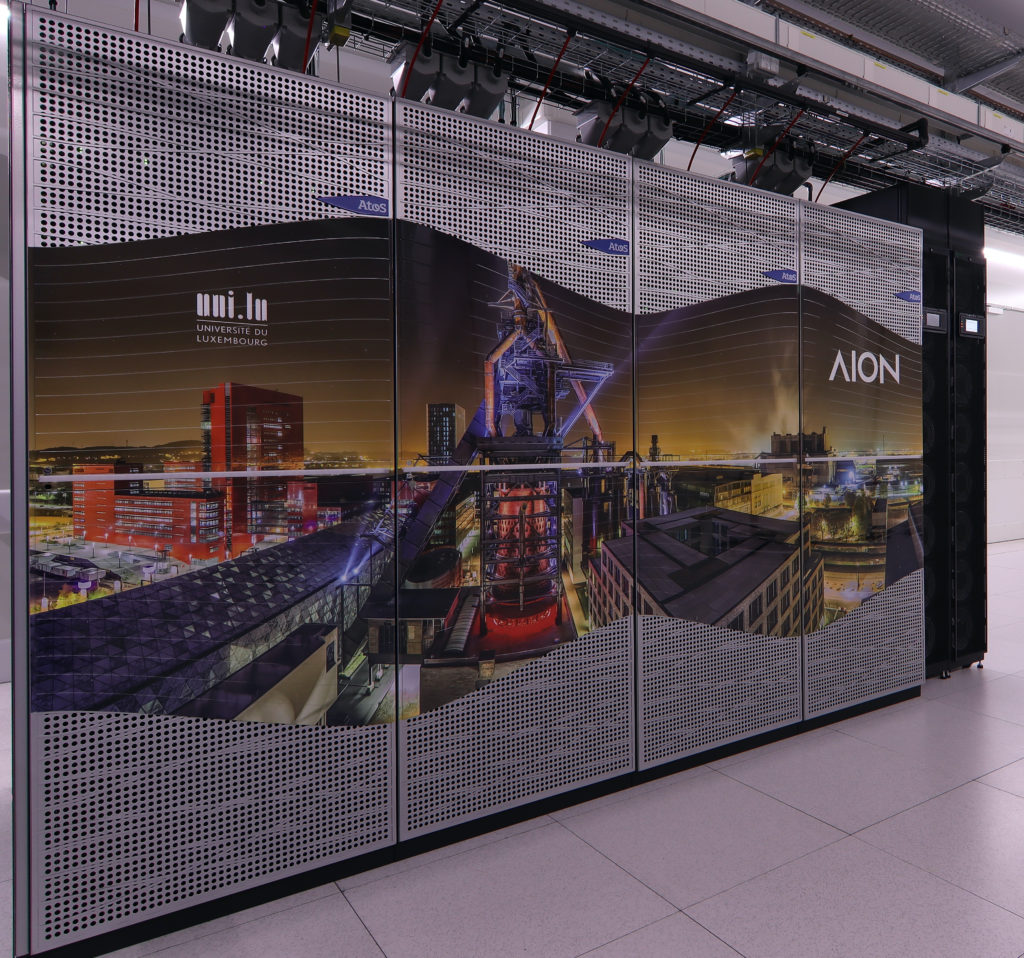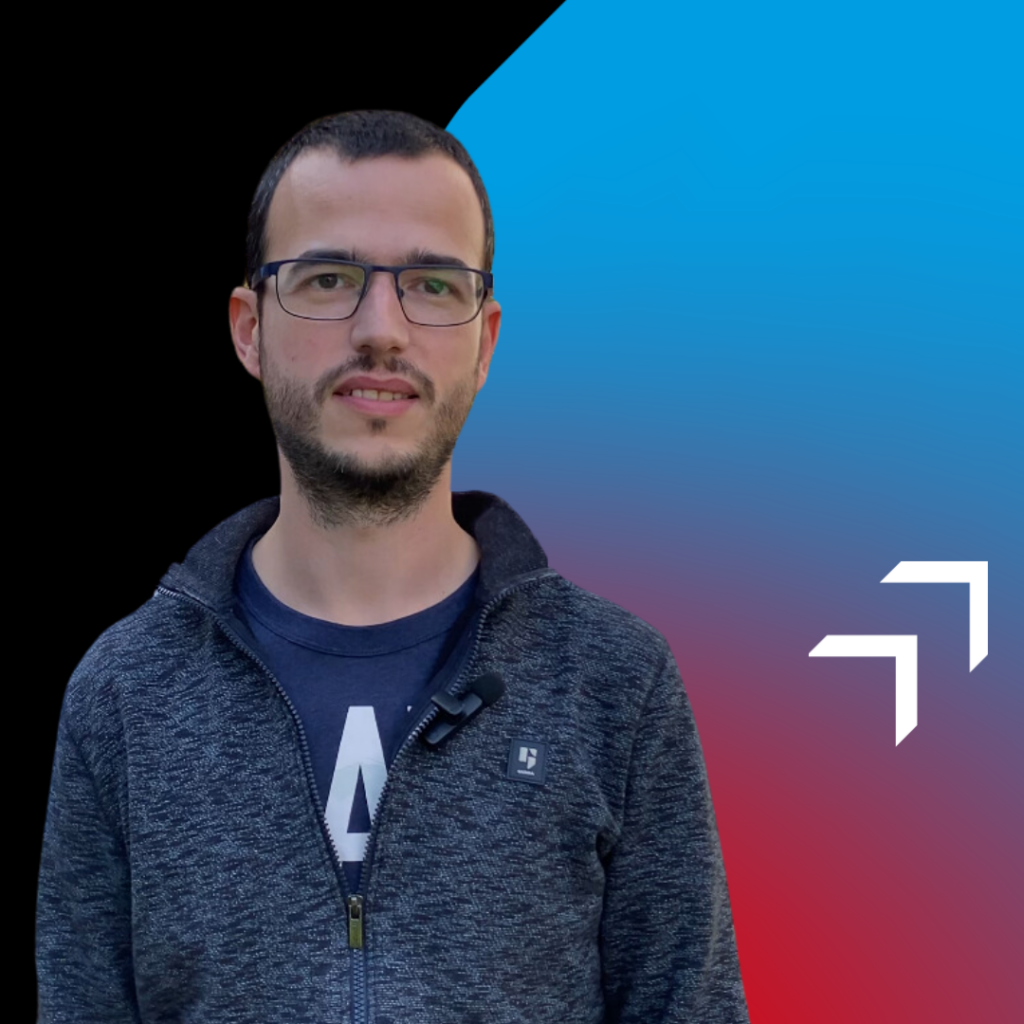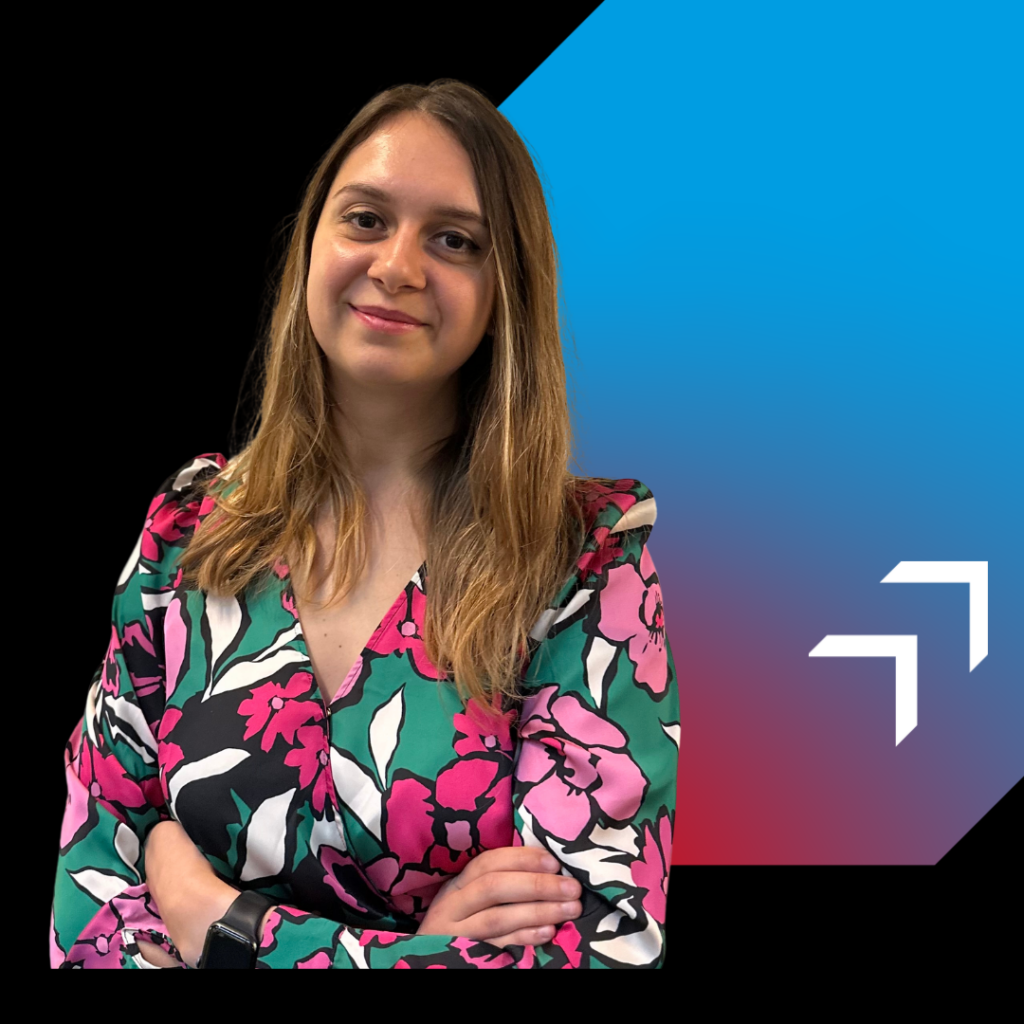In Conversation With Our Young Researchers: Maxime Cordy
26 January 2024

Optimising EV charging
Maxime Cordy is investigating technological solutions to support and optimise home charging of electric vehicles (EVs), taking into account the needs of the EV owner, the energy supplier and the energy distributor.
How can we optimise charging of electric vehicles (EV) at home?
This is the question that Maxime Cordy, a researcher at the Interdisciplinary Centre for Security and Trust (SnT) at the University of Luxembourg, aims to answer through the INDUCTIVE project.
The INDUCTIVE project
INDUCTIVE (Incentivised charging scheduling for electric vehicles) is a research project funded by a donation of the Enovos Foundation under the aegis of the Fondation de Luxembourg. In this project, Maxime Cordy and his team investigate technological solutions to support and optimise the charging of electrical vehicles (EV) at home, while considering the needs of the EV owner, the energy supplier and the energy distributor.
The automotive industry believes that the number of electric vehicles in circulation will continue to grow in the coming years, increasing the demand for electricity. At the same time, the production of renewable energy sources is also growing. However favourable they may be to a sustainable energy transition, both developments have an impact on the volatility of the electricity supply that markets and networks have to cope with. For example, simultaneous charging of electric cars during a period without sun and wind could increase pressure on the markets and drive up electricity prices.
While most drivers charge their electric car in the evening, some of them would agree to charge during the day or at night, or only charge the battery halfway. This flexibility could lighten the overall load of the electricity system and allow suppliers and grid operators to balance the electricity purchased.
Maxime Cordy
The INDUCTIVE project seeks solutions to control charging by harnessing flexibility. Charging could be steered towards periods of high or even excess supply in the markets in order to better balance the energy markets, bringing supply and demand closer together. These periods of oversupply generally coincide with periods of high renewable energy production. Electric vehicles could contribute to the electricity markets’ stability while allowing more efficient use of renewable energy sources. These renewable energy sources could then be directly consumed or even stored through the vehicle’s battery. The user would make storage capacity available according to his or her degree of flexibility regarding charging.
The results of the project provide a better understanding of consumer motivations, charging schedules and potential flexibility. This, in turn, enables better identification and response to electricity charging demand.
Supporting companies with research
After obtaining a PhD in Computer Science from the University of Namur in the field of formal methods (mathematical methods) applied to software engineering, Maxime Cordy created a spin-off company that commercialises AI solutions for guided selling.
In 2018, Maxime decided to return to academia, but still wanted to keep a foot in the “real world”. Therefore, he joined SnT in January 2019 to carry out both academic research and applied research in collaboration with industry.
My vision is to support society and the industry in developing complex (understand: AI) solutions effectively and reliably.
Maxime Cordy
Thanks to this dual approach, Maxime Cordy’s research can have an impact on business and society. On the one hand, his studies support digital transformation by accompanying companies on their innovation journey with AI. It also helps them to manage the technical risks associated with the use of AI, which may later affect their business. On the other hand, a key objective of Maxime’s work is to ensure that the AI solutions developed respect people’s security and fundamental rights. Finally, this work also benefits the environment, as AI can be used in the energy sector to reduce the carbon footprint and promote renewable energy (the INDUCTIVE project is a good example).
I work with multiple major actors in finance and energy. Since recently, I am co-investigator for a project with the space industry.
Maxime Cordy
Great Research Dynamics
Originally from Belgium, where he still lives, it was a logical step for Maxime Cordy to choose Luxembourg to pursue his research career. Especially since the University of Luxembourg is home to the SnT, a world-class institution when it comes to IT, software engineering, cybersecurity, but also robotics and space research.
In addition, Maxime found a great research dynamic in Luxembourg, with many initiatives launched every year. In Luxembourg’s multinational and multicultural environment, Maxime also benefits from state-of-the-art infrastructures.
Having access to HPC is great!
Maxime Cordy













